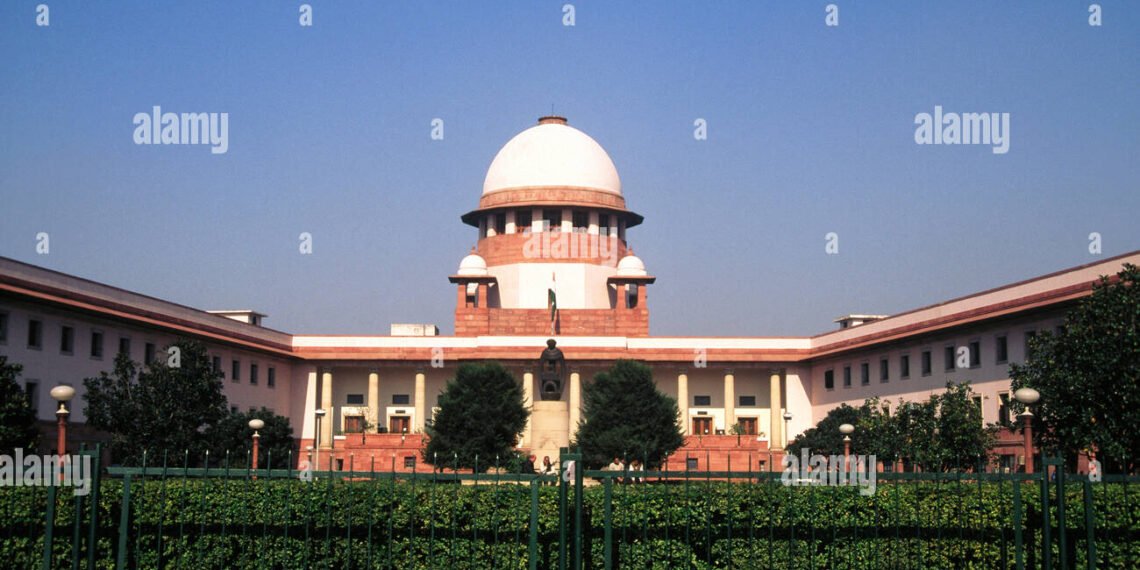The Supreme Court bench questioned delays in taking down harmful or “anti-national” posts from Social Media, saying viral content often spreads long before authorities can respond.
BY PC Bureau
November 27, 2025: The Supreme Court today underscored the need for clear accountability for content uploaded on social media, as it examined issues highlighted in the India’s Got Latent case that recently drew YouTubers like Ranveer Allahbadia and Samay Raina into controversy.
During the hearing, Solicitor General Tushar Mehta, representing the Centre, said the case involves not just obscenity but “perversion,” calling it a major gap in the regulation of user-generated content. “Freedom of speech is invaluable, but it cannot lead to perversity,” he said.
Chief Justice Surya Kant echoed the concern: “The problem is that anyone can create a channel and remain accountable to no one. Somebody has to be accountable.”
Justice Joymalya Bagchi raised an additional worry—content perceived as anti-national. “Will the content creator take responsibility? By the time authorities react, the material has gone viral to millions. How do you control that?” he asked.
Advocate Prashant Bhushan, appearing for a professor with disabilities who sought to intervene, warned that misuse of “anti-national” labels may cause more harm than good.
Justice Bagchi added: “Forget anti-national—what if someone posts a video claiming a part of India isn’t India? What then?”
Bhushan argued that academic discussions on history, statehood, or even vaccines could be misinterpreted. Mehta objected: “Do not give instigating examples.”
The Chief Justice said this was exactly why the court was pushing for an autonomous regulatory body, noting that “children too have a fundamental right to express.” But unchecked content, he warned, can overwhelm citizens: “Are you expecting innocent people to defend themselves? Not everyone has access to this court.”
The bench pressed the Centre to explain why these issues persist despite its claimed monitoring mechanisms. It then gave the government four weeks to propose regulations for user-generated content.
Justice Bagchi suggested mandatory warnings—not just 18+ tags—flagging content “not suitable for general consumption.” The Chief Justice suggested age verification tools, such as Aadhaar-based checks, while clarifying that these were only illustrative ideas. He noted that current disclaimers flash too briefly: “By the time you decide not to watch, it has already started.”
The court said an autonomous body could include experts from the judiciary, media, and other fields. “Let something come up on a pilot basis. If it stifles free speech, we can revisit it. The goal is to build a responsible society.”
READ: Puducherry College Turns Cyber-Fraud Hub: ₹90-Crore Scam Exposed
Samay Raina Case Raised
The court also revisited the case of comedian Samay Raina, criticised for remarks targeting persons with disabilities. “Are the children behaving now?” the bench asked.
Senior Advocate Aparajita Singh, representing an SMA advocacy group, said Raina’s comments deeply hurt those with the condition. She acknowledged that he paid ₹2.5 lakh, but added: “We don’t want the money. We want dignity.”
The Chief Justice asked the Solicitor General to consider a stringent law—similar to the SC/ST Act—punishing humiliation of persons with disabilities. Mehta agreed: “Humour cannot be at the cost of dignity.”
The bench suggested Raina host a show highlighting achievements of people with Spinal Muscular Atrophy. “They don’t want your money. They want respect. Use your platform.”













